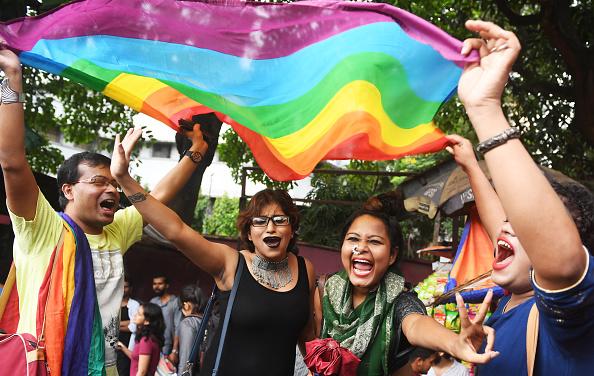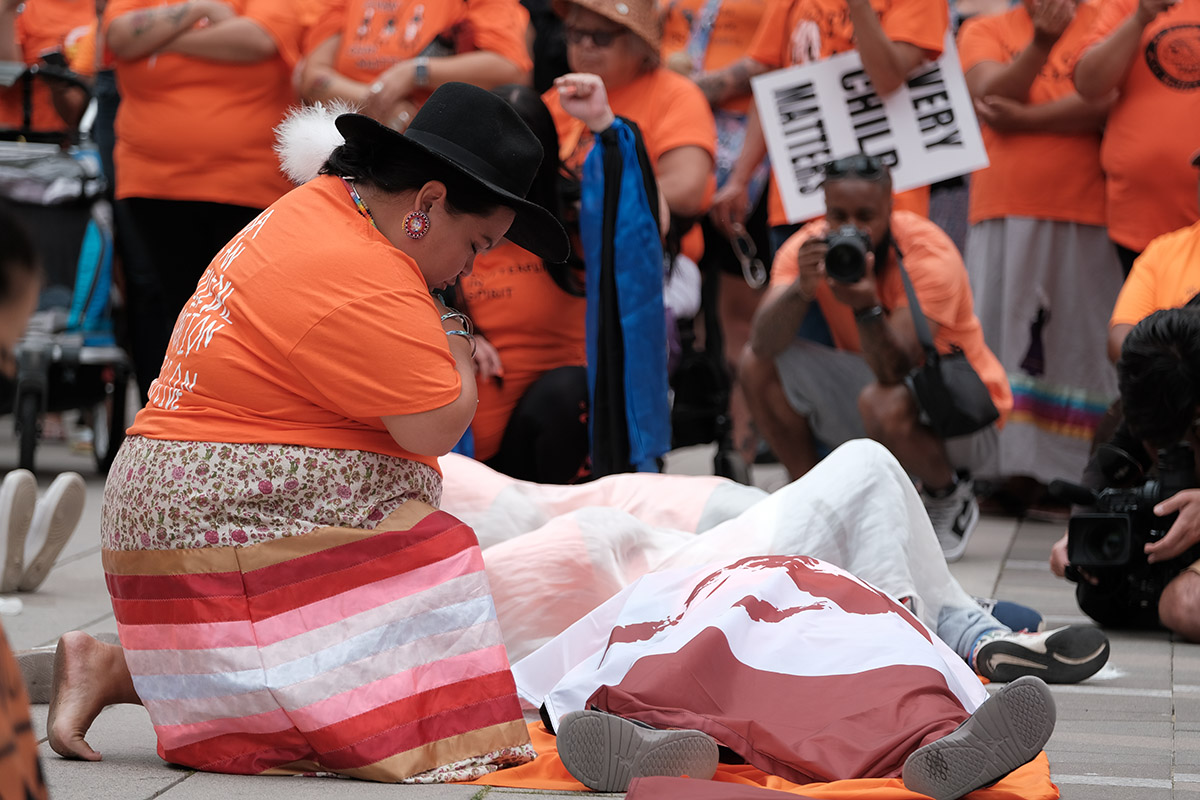Being gay is not a crime in India
October 15
 Gay rights campaigners have been celebrating in India, as homosexuality has been decriminalised there. India’s Supreme Court has struck down a 157-year-old law that made gay sex a crime. Weeks earlier, India’s Psychiatric Society had declared that homosexuality was not a psychiatric disorder. Shiboni D’Souza, 23, a Correspondent from Bangalore in India, writes that this all feels like the dawn of a new age.
Gay rights campaigners have been celebrating in India, as homosexuality has been decriminalised there. India’s Supreme Court has struck down a 157-year-old law that made gay sex a crime. Weeks earlier, India’s Psychiatric Society had declared that homosexuality was not a psychiatric disorder. Shiboni D’Souza, 23, a Correspondent from Bangalore in India, writes that this all feels like the dawn of a new age.
I have always held LGBTQ rights close to my heart. Almost all constitutions in the world have their foundation on equality and equal rights for all. However, so many countries marginalise, penalise, and kill members of the gay community. This is both appalling and disheartening.
As an Indian, I was happy to learn about recent developments in the way this issue is being viewed in our nation. The Indian Psychiatric Society (IPS) in taking a stance on the matter, has declared that homosexuality is not a psychiatric disorder.
According to the statement released by the IPS: “ This is in line with the position of American Psychiatric Association and the International Classification of Diseases of the World Health Organisation which removed homosexuality from the list of psychiatric disorders in 1973 and 1992 respectively. The I.P.S recognises same-sex sexuality as a normal variant of human sexuality much like heterosexuality and bisexuality.”
The statement also said “there is no scientific evidence to support that sexual orientation can be altered by any treatment and that such attempts may, in fact, lead to low self-esteem and stigmatization of the person.The Indian Psychiatric Society supports the de-criminilization of homosexual behaviour.”
The fact that this statement also denounced treatments that alter sexuality and recognised that such treatments can have adverse effects on the individual is heartening.
This declaration was followed by a phenomenal step by the Supreme Court in the world’s largest democracy.
After their hearing to discuss Section 377, a colonial-era law criminalizing gay sex, India’s Supreme Court on September 6, struck down the law. Reading out the judgement, Chief justice Dipak Misra said: “Criminalising carnal intercourse is irrational, arbitrary and manifestly unconstitutional.” The judgement said, “We have to bid adieu to prejudices and to empower all citizens.”
Section 377 had classified homosexuality as an ‘unnatural offence’ and said whoever voluntarily has carnal intercourse against the order of nature with any man, woman, or animal, shall be punished with imprisonment for life or with imprisonment of either description for a term which may extend to 20 years and shall be liable to pay a fine.
What gives me hope is the increased role young people have played in speaking up on this formerly sensitive topic, and this should continue.
The path towards change is oftentimes slow, but change is happening. I am sure that for many, like me, this all feels like the dawn of a new age.
………………………………………………………………………………………………….
Photo: courtesy of Counterview.org (license)
…………………………………………………………………………………………………………………
About me: I’m a graduate student at Cornell University with a passion for writing. My love for reading started in third grade with the Harry Potter series. I was in the founding team of TEDxBMSCE (https://www.ted.com/tedx/events/18607) and was on the core committee of our college’s national level technical fest. I have also been involved in a major college fest in Karnataka. I am an Industrial Engineering Management graduate now working as a business analyst.
…………………………………………………………………………………………………………………
Opinions expressed in this article are those of the author and do not necessarily represent the views of the Commonwealth Youth Programme. Articles are published in a spirit of dialogue, respect and understanding. If you disagree, why not submit a response?
To learn more about becoming a Commonwealth Correspondent please visit: http://www.yourcommonwealth.org/submit-articles/
…………………………………………………………………………………………………………………




